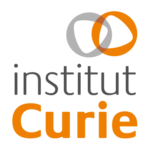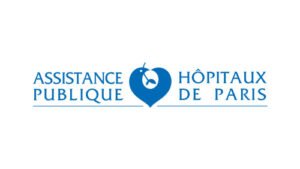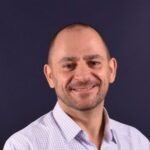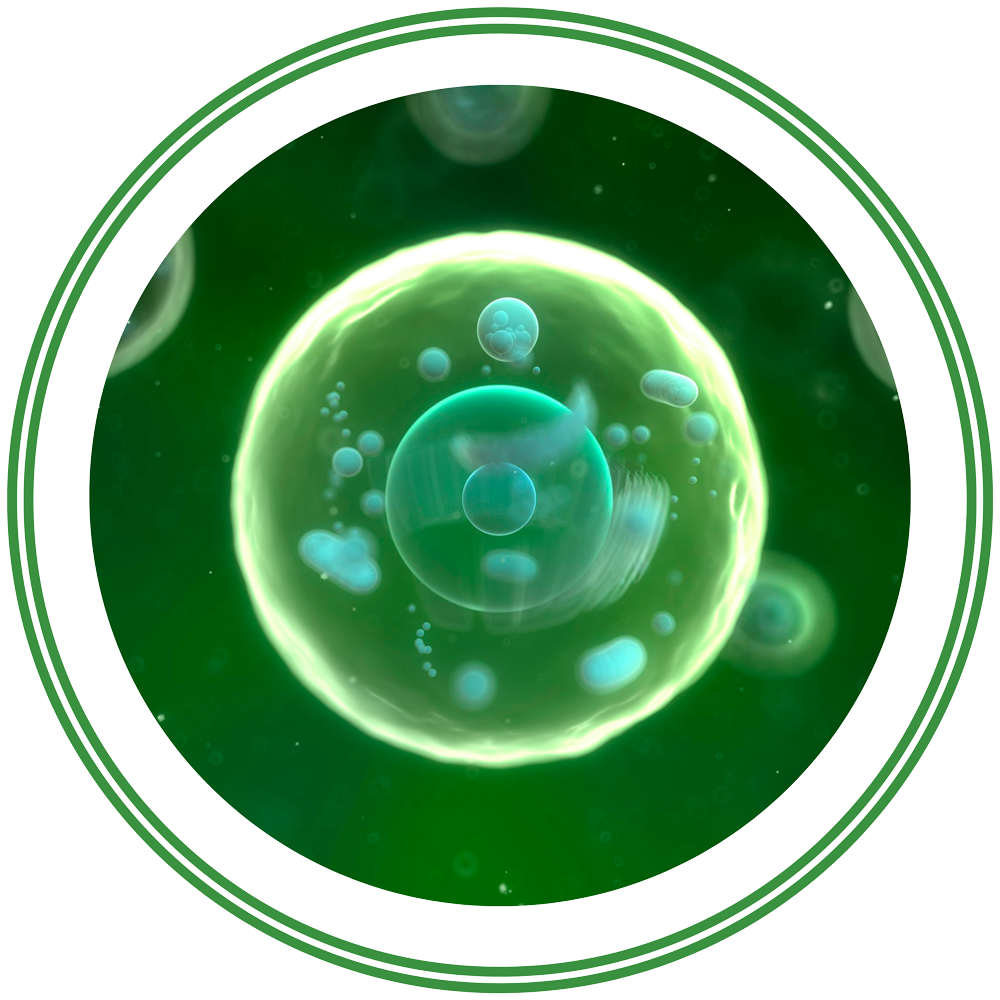
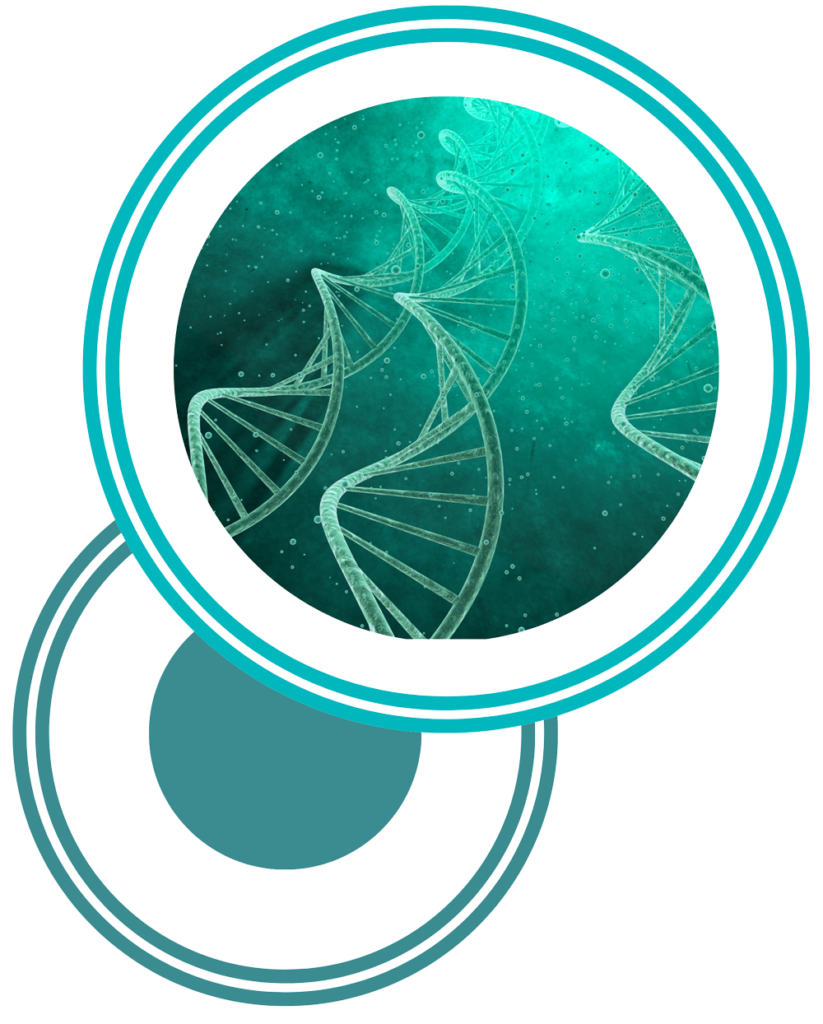
17 rue Crépet
69007 Lyon
+33 (0)4 78 02 39 89
www.mabdesign.fr
17 rue Crépet
69007 Lyon
+33 (0)4 78 02 39 89
www.mabdesign.fr
ICGT2025
ICGT – Terms & conditions – Cookies – Design by IGTech

Diseases targeting the liver are life threatening and organ transplantation remains the only treatment for acute liver failure and end-stage chronic liver disease. However, transplantation does not represent an ideal treatment as it entails high risk of surgical complications, indefinite immunosuppression associated with severe side effects, and organ dysfunction. More importantly, the number of organ donors remains constant while the demand for liver transplantation has more than doubled in 10 years. Thus, only a limited number of patients can benefit from this therapy. Cell therapy using hepatocytes represents an alternative for organ transplantation. However, this approach is limited by the difficulty to grow adult primary hepatocytes in vitro. Human induced Pluriptotent Stem Cells (hiPSCs) could provide an alternative source of liver cells for clinical applications. However, several challenges need to be addressed including the development of culture conditions compatible with GMP requirements, large scale production, and protocol of differentiation allowing the generation of cells with mature hepatic functions. Here, we describe our recent progress in addressing these limitations through the development of new methods for in vitro production of hepatocytes with sufficient hepatic function to alleviate life threatening liver diseases.


Ludovic Vallier is Einstein Professor for Stem Cells in Regenerative Therapies at the Berlin Institute of Health (BIH) and Max Planck Fellow at the Max Planck Institute for Molecular Genetics (MPIMG). He received his PhD from Ecole Normale Superieure of Lyon /University Claude Bernard in 2001 where he studied the function of cell cycle regulators in pluripotency. He then joined the group of Prof. Roger Pedersen at the University of Cambridge, Department of Surgery, where he became an independent investigator in 2008 after receiving a MRC non clinical senior fellowship and was named Professor of Regenerative Medicine in 2015. He moved to the BIH in 2022 and his newly created group takes advantage of human pluripotent stem cells and primary organoids to generate liver cells with a clinical interest for disease modelling and cell-based therapy.


Tuan Huy Nguyen, a statutory researcher at INSERM, is on full-time availability at GoLiver Therapeutics since its creation in 2017. As a scientist, he has over 30 years of expertise in the field of liver-directed cell and gene therapy. He has explored various biological tools (lentivirus, AAV, CRISPR/cas, ZFNs, liver-isolated hepatocytes and pluripotent stem cells) in small and large animal models. From 2012 to 2017, he led a research group at the INSERM UMR1064 – Center of Research in Transplantation and Immunology (Nantes). During this period, he initiated a new research program funded by an FP7-European grant to evaluate the therapeutic potential of pluripotent stem cells. This research has led to the creation of Goliver Therapeutics, which aims to develop innovative, highly effective medicines for liver diseases, and to meet to the major societal, industrial and economic challenges facing healthcare systems, at a cost that is affordable and accessible to all. He has received three research awards and served as deputy editor of the Current Gene Therapy journal from 2014 to 2017. He is the author of over 70 peer-reviewed publications.
Hematopoietic cell transplantation (HCT) is a crucial therapy for blood disorders like leukemia, sickle cell disease, and autoimmune diseases. Increasing demand for clinical-grade hematopoietic stem cells (HSCs) presents challenges in patient care.
To address this, we propose large-scale HSC production from human induced pluripotent stem cells (hiPSCs) at an Advanced Therapy Medicinal Production (ATMP) core facility and a new large animal model for human HCT. We developed a robust, transgene-free 17-day protocol to differentiate hiPSCs into transplantable HSCs using morphogens and cytokines. Collaborating with Atlantic Bio’s GMP ATMP facility, we scaled up HSC production, ensuring quality control through cytometric validation and transplantation into irradiated NSG mice.
In parallel, we adapted the Aachen mini-pig model for HCT, a suitable pediatric oncology model. Key developments included conditioning regimens using irradiation and immunosuppressive drugs, monitoring, and blood analysis. Overcoming porcine immunity, Cobra Venom Factor was used to protect human cells by inhibiting complement.
With scaled HSC production validated and conditioning protocols established, the large animal HCT study is in process. This marks a critical step towards hiPSC-derived transplants, advancing treatment for hematological and autoimmune diseases.
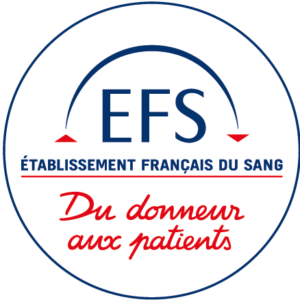
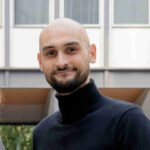
I am a PhD student under a CIFRE fellowship at the Etablissement Français du Sang (EFS). With a strong foundation in hematology and transfusion science, I’ve dedicated the past five years to research in this field, beginning with a Master’s internship at the Centre de Recherche de Saint Antoine in Paris, where I was inspired by the first laboratory-generated blood transfusions conducted on patients. Our team combines deep expertise in hematopoietic stem cells derived from iPSCs, translational medicine, and a commitment to advancing cell therapies.


Julianne Smith is Chief Development Officer at Genespire, where she contributes to the strategic direction, planning, and execution of in vivo liver-directed gene therapy programs, with a particular focus on shaping the nonclinical strategy to advance novel therapies toward the clinic and beyond. She brings over 30 years of experience in scientific research, including 22 years in the biotech industry, with a strong background in cell and gene therapy research, early development, and translational science.
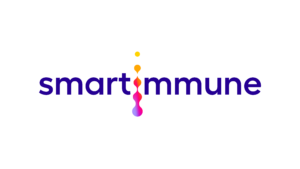
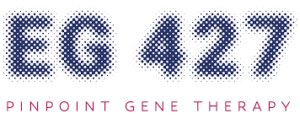




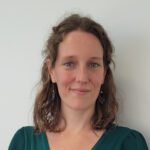


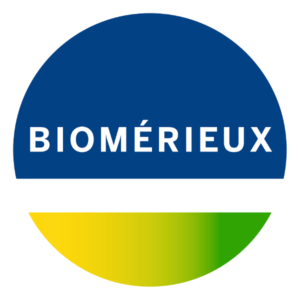

Elena Gaia Banchi1, Nissrine Ballout 2, Rafael Alonso1, Johan Deniaud3, Sylvie Jacquot1, Kevin Fransquin1, Françoise Roux4, Marie Anne Colle3, Jérôme Ausseil2, Françoise Piguet1.
1TIDU GENOV, Paris Brain Institute, Paris, France,
2 Biochemistry, Toulouse University Hospital, Toulouse, France.
3 UMR 703 PAnTher INRAE/Oniris, Ecole Nationale Vétérinaire, Agroalimentaire et de l’Alimentation Nantes-Atlantique
4 ONIRIS Veterinary school of Nantes, Nantes France.
MPSIIIB is an autosomal recessive lysosomal storage disorder, caused by alpha-N-acetylglucosaminidase (NaGlu) enzymatic deficiency leading to accumulation of Heparan Sulfate Oligosaccharides (HSO) in tissues including the central nervous system (CNS). Patients manifest with early developmental delays followed by severe behavioral abnormalities, progressive neurodegeneration, and death before the age of 20 years. To date, there are no curative therapies for MPSIIIB. We have previously conducted a AAV-2/5 phase I/II intracerebral gene therapy trial that has shown promising results in four MPSIIIB patients with best results being obtained in the youngest patient (18 months-old). However, disease progression in tissues as important as meninges, brain capillary walls, and choroid plexus was presumably not stopped. Therefore, treatment of patients younger than 2 years and the delivery of NAGLU both within and outside the brain was concluded.
We recently described and presented last year a novel AAV gene therapy using AAVPHP.eB-CAG-NaGlu vector with intravenous delivery in mouse model and combine intracerebral and intravenous delivery in dog and non-human primates. We demonstrated a good efficacy but some local inflammation at the injection site in the brain.
We thus improved our therapeutic strategy by using last generation AAV with AAVMacPNS1, a serotype able of large Blood brain barrier crossing after intravenous delivery notably in large animals. We demonstrate a large CNS transduction of the vector in mouse and NHP after intravenous delivery as well as supra physiological NAGLU expression and activity and a perfect tolerance of the AAV on all tissues.
Efficacy and safety studies are currently ongoing in the dog model of the pathology and data will be presented.


Dr. Françoise PIGUET is heading the innovation unit GENOV in Paris Brain Institute focused on development of gene therapy approaches for neurodegenerative diseases. Since 2006, she contributed to the field of neurodegenerative diseases and development of AAV based- gene therapy approaches first on leukodystrophies, Huntington, Friedreich Ataxia, ALS and mucopolysaccharidosis. She previously developed a clinical trial on metachromatic leukodystrophy and generated 8 patents for notably a gene therapy approach for Friedreich Ataxia as well as for Rett syndrome, MLD, ALS and MPS as well as cell therapies. More recently, Françoise is working on development of new routes of delivery to efficiently target the central and peripheral nervous system. She is an expert of preclinical studies to fill IND and CTA applications.


Coave Therapeutics is revolutionizing gene therapy with its proprietary ALIGATER™ platform, designed to overcome challenges in tissue specificity, delivery efficiency, and manufacturability. ALIGATER™ enables a one-step chemical conjugation process to attach targeting ligands—such as peptides, small molecules, or antibody fragments—to AAV and non-viral vectors. This approach enhances therapeutic precision while maintaining compatibility with existing manufacturing processes. The platform’s first-generation conjugated AAVs (coAAVs), utilizing sugar-based ligands, have demonstrated superior performance in preclinical studies, achieving enhanced tissue diffusion and distribution in the CNS and retina of mice, rats, and non-human primates. Additionally, peptide-conjugated AAVs have been developed to precisely target human receptors, with targeting efficacy modulated by ligand density. These results highlight the versatility and robustness of the ALIGATER™ platform in enabling advanced gene delivery solutions. By addressing key limitations in gene therapy vector design, ALIGATER™ is paving the way for safer, more effective, and scalable genetic medicines with broad clinical applications.
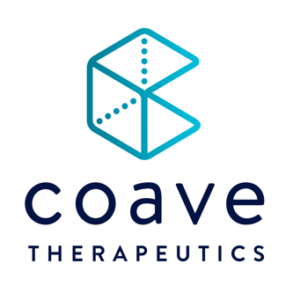
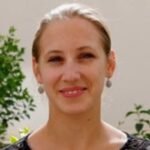
Dr. Lolita Petit is the Chief Scientific Officer at Coave Therapeutics, a Paris-based biotechnology company developing next-generation gene therapies for CNS, neuromuscular, and ocular diseases. With extensive experience in gene therapy research and development, she has led programs from target discovery to clinical development. Dr. Petit has held key scientific leadership roles at Spark Therapeutics (a Roche company) and Johnson & Johnson, where she contributed to innovative gene delivery platform technologies and advanced therapeutic programs for CNS and ocular indications. She is recognized for building and leading high-performing, cross-functional teams that drive innovation and deliver transformative therapeutic solutions, with a focus on precision AAV engineering.

Targeted intracellular delivery of RNA still remains a key requirement. We focus on a bio-inspired chemical evolution strategy. By incorporation of artificial amino acids such as tetraethylene pentamino succinic acid or lipo amino fatty acids (LAF) into xenopeptides (XPs), double pH-responsive carriers have been designed for potent intracellular delivery of RNA in vitro and in vivo. Enhanced endosomal escape turned out to be a key factor for RNA delivery. A pH-dependent polarity of LAF was implemented by a central tertiary amine, which disrupts the hydrophobic character once protonated, resulting in drastic pH-dependent change in the distribution from lipid phase (physiological pH) to lipid/water interface (endosomal pH), as supported by molecular dynamics calculations and SAXS. Activity was maintained in full serum and at very low dosage of only ~2 nanoparticles/cell. Applications include mRNA expression in several organs upon systemic administration, in vivo gene silencing by siRNA-LNPs with superior activity in liver endothelial cells or, when including targeting ligand cRGDfk, in tumor endothelial cells. Potent carriers for CRISPER mediated genome editing, either via Cas9 mRNA/sgRNA or Cas9 protein/sgRNA RNPs, triggering therapeutic genome editing of immune check-point genes in cancer, or in vivo editing of dystrophin.
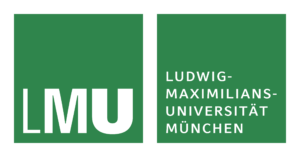

Prof. Ernst Wagner is Chair of Pharmaceutical Biotechnology, Department Pharmacy, LMU Munich (since 2001). He was Director Cancer Vaccines, Boehringer Ingelheim 1992-2001 (world-wide first polymer-based gene therapy in 1994), 1987-1995 Group Leader at IMP Vienna and Vienna University Biocenter, 1985-1987 postdoc at ETH Zurich, 1985 PhD (TU Vienna). He is Academician of European Academy of Sciences, Controlled Release Society (CRS) College of Fellows, Honorary Professor at U of Sichuan. He authored ≥ 524 publications, with ≥ 54 800 citations, h-index 117 (GS).


Philippe is the Chief Executive Officer of Curapath. He brings over 29 years of experience in the chemical & pharmaceutical industry, with a specific focus on active pharmaceutical ingredient market (CDMO & Generics) and drug delivery solutions from R&D to commercial. Philippe has an extensive track record not only with regards to business development and the creation of trustful partnerships in Europe / US / Japan but also in process development, industrialization, and continuous improvement. Before joining Curapath, Philippe worked for 3 international companies with extensive development and manufacturing capabilities for pharmaceutical markets – Rhodia (now Solvay), Sanofi and Seqens – where he engaged and led global teams towards ambitious roadmaps and through challenging projects. For instance, Philippe was instrumental to
Philippe received two awards from Sanofi for his entrepreneurship and partnership achievements. He graduated from the Engineering School of Physics and Chemistry of Bordeaux (now ENSMAC), and obtained his PhD at University of Bordeaux, funded by EDF and Rhône-Poulenc/Rhodia, for which he was awarded best PhD thesis of French Chemical Society (SFC).








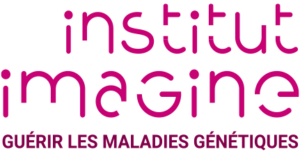









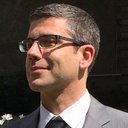
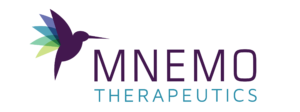
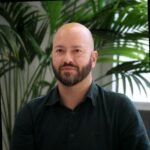


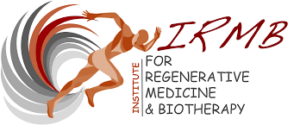
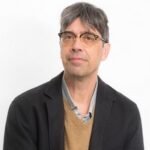
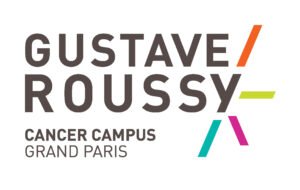

For more than 15 years, EFS has been supporting therapeutic innovation projects’ holders. This has resulted in the production of over 300 ATMP clinical batches. These therapeutic innovators work in cell therapy, so innovation covers a wide range of cell models.
In cell therapy, the process is key, as it defines the drug product: this is why it is necessary to accompany project leaders step by step, and to ensure a high degree of transferability between the R&D stages and the production of clinical batches.
We will use 2 examples, involving different cell models, to illustrate how EFS helps therapeutic innovators to successfully optimize their processes and produce batches for clinical trials.


With a scientific background in biochemistry/biotechnology (MSc) at UPMC and Université de Technologie de Compiègne, Célia Mercier completed her training at NEOMA Business School, enabling her to support a wide variety of biotech, pharma and academic projects, mainly in Europe.
With over 20 years of experience, she currently serves as Business Development Manager at the French Blood Establishment (EFS) for Bioproduction of ATMPs, in collaboration with the four GMP bioproduction sites. Previously, she led various Business Development positions at CDMOs and CROs, from early pre-clinical stages to clinical manufacturing supply, at a European level. She also served at the French Foundation for Rare Diseases as regional manager for the scouting of innovations from academics and support to researchers in establishing relationship with pharma and biotech companies.
The traditional method of CAR-T cell production involves lengthy ex vivo culture times, reducing crucial naïve T cell subsets and prolonging time-to-patient, contributing to disease progression. This study describes an innovative 24-hour CAR-T manufacturing process involving one-step isolation and activation of T cells, followed by a 20-hour lentiviral transduction. By minimizing T cell activation to less than 24 hours, we maintained a higher percentage of naive/stem-cell like T cells, accelerated production, and reduced costs through automation. This approach provided quicker access to CAR-T therapy with enhanced efficacy and demonstrated feasibility in the clinic.

Drug discovery and development is a lengthy, costly, and high-risk process, often exceeding $2 billion per drug. Thermo Fisher Scientific offers end-to-end support through Accelerator™ Drug Development, a full-service CDMO and CRO solution that simplifies the journey, reduces risk, and speeds up market entry.
We partner with you from pre-IND to commercialization across all major modalities and therapeutic areas. Our global network includes drug manufacturing, clinical supplies, clinical sites, patient recruitment, and regulatory expertise. Over 120 biotech companies advance over 350 protocols with us, with 78% starting in Phase I or II and growing through commercialization.

